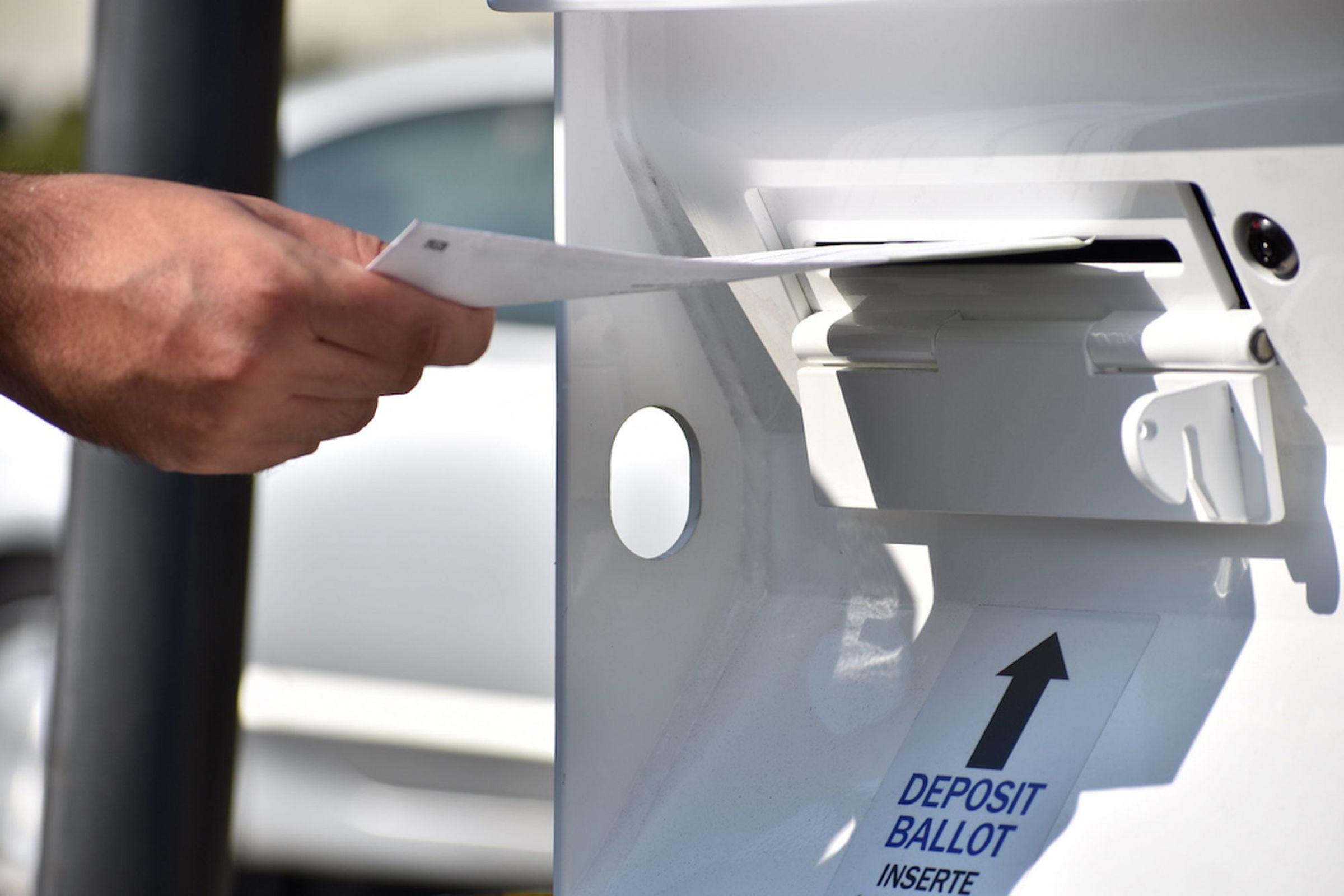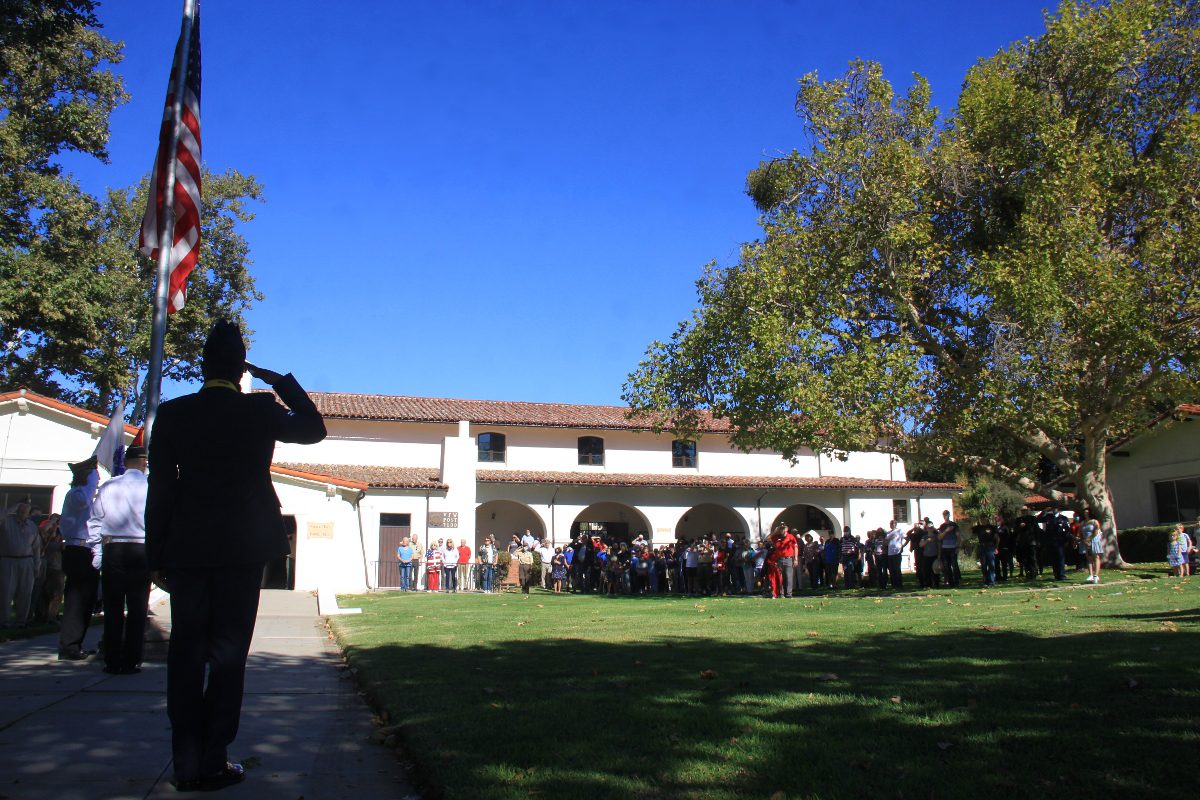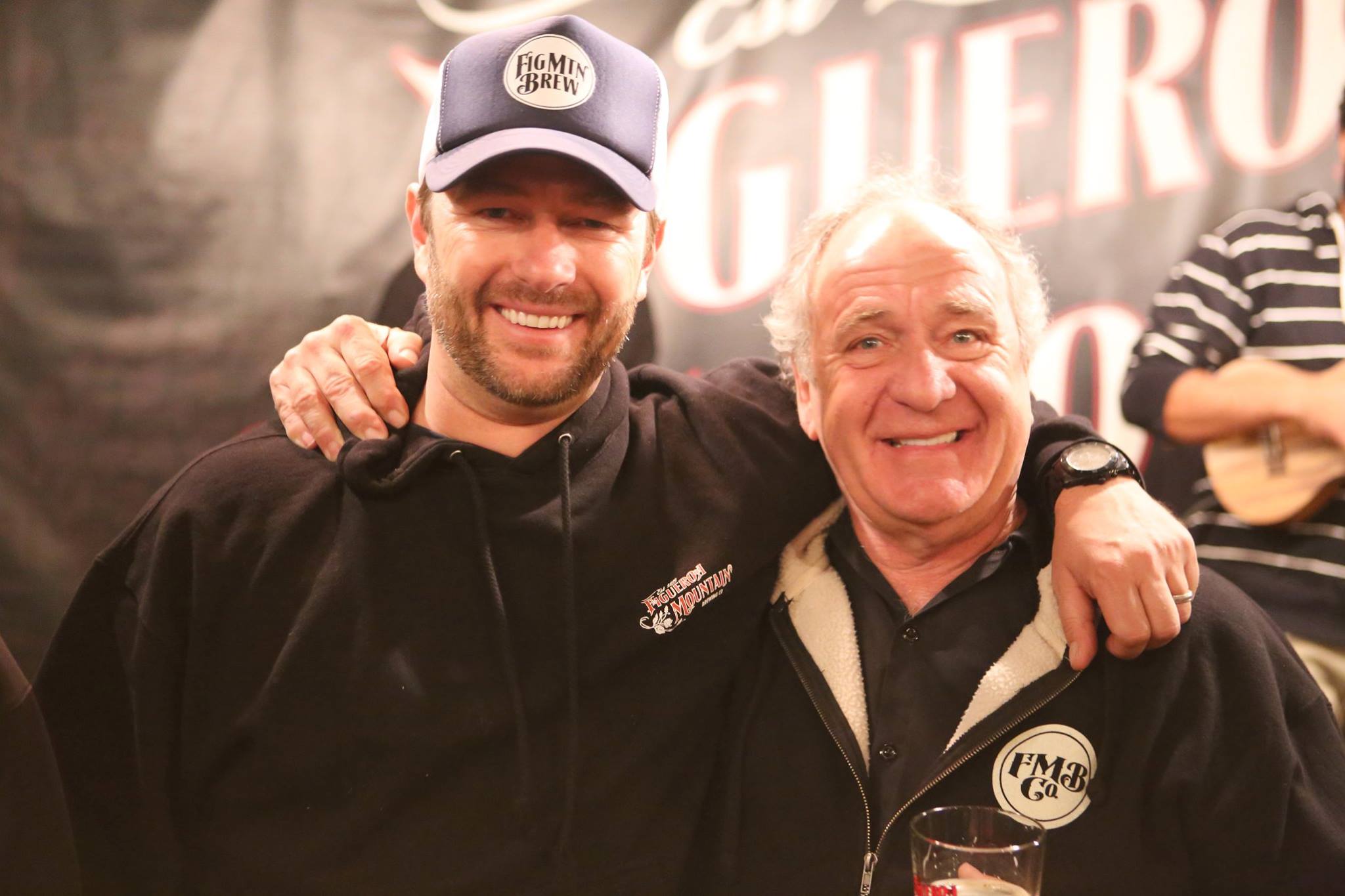By John Copeland
Contributing Writer
The pandemic and the contentious, dizzying run up to the election has had many of us reaching for aspirin, antacids and tranquilizers, not to mention many adult beverages. But let’s put that aside for a moment. Have you ever wondered why we vote on the first Tuesday after the first Monday in November?
There are a few reasons why we vote on a Tuesday and a major one of them has a to do with the horse and buggy. The story of our Election Day starts with the Founding Fathers and the Constitutional Convention. It had been a long process hammering out the Constitution and the delegates had not made up their minds on a lot of things. One unanswered question was when the presidential election should be held. Because the delegates left that undecided, it was left up to the states to set their own voting dates. This made sure there were several decades of electoral chaos.
Between 1788 and 1845, there was a “crazy quilt of elections” held all across the country at different times to pick the electors of the Electoral College. These were the white, male property owners who would cast their votes for president on the first Wednesday of December. In 1792, Congress passed a law mandating that the state’s selection of the members of the Electoral College must be held within a 34-day period before the first Wednesday of December, so most of these elections took place in November. You have to remember that back in the early days of the United States, our society was mostly agrarian. In November, the harvest was finished and winter hadn’t yet set in, which made it the perfect time to vote.
Also in the late 18th and early 19th centuries, the pace of presidential elections was not a huge issue. Communication was slow and it took election results weeks to be announced. In the mid-19th century, Congress decided it was time to standardize a voting date, but what would work for the most people? It is important to remember that I’m talking about men voting; women were not allowed to vote in America’s early years.
It was not out of the ordinary for folks to travel for an entire day to the nearest county seat, which is where ballot boxes were, to cast their vote. They would then need an entire day to return to their homes. That made Monday unacceptable, because it would require people to travel to the polls by buggy on the Sunday Sabbath. Wednesday was also not an option, because it was market day, and farmers would not be able to make it to the polls.
Finally, Congress decided that eligible citizens could take the first Monday of November off to travel, vote on Tuesday, and then take the rest of the day to return to their farms. So, Tuesday would be the day that Americans would vote.
Then, in 1845, Congress legislated that the first Tuesday following the first Monday in November would be Election Day for future presidential elections. Congress also stipulated that Election Day should be the first Tuesday in November after the first Monday so that the day did not conflict with Nov. 1, the Catholic holy day, All Saints Day.
Under the new law, the first election took place on Tuesday, Nov. 7, 1848. Whig Party candidate Zachary Taylor won out over Democrat Lewis Cass and Free-Soil candidate, and former president, Martin Van Buren. Taylor’s running mate was Millard Fillmore, who became the nation’s 13th president on July 10, 1850, when Taylor suddenly died.
There is definitely a lack of romance behind a Tuesday election day. But it is the intention, not the day of the week, that is important. America’s decision-makers required a national voting day because it speaks to the heart of American democracy. It hits at the crux of the American promise that, “all are created equal.” Tuesday was the day most convenient for every class, every heritage, and all industries. It was about creating the highest possible turnout on Voting Day. It was and is about empowering anyone who wanted a say in their nation’s political destiny to have the chance to speak up.
Today, there are, of course, other options for folks, like absentee and early voting. Still, there are voters who cannot cast ballots unless they can find a way to get to the polls on Tuesday. In15 states you do not have an opportunity to vote early or by an absentee ballot or by mail, which means you have to vote on Tuesday. Many critics believe it is ridiculous to vote on the Tuesday after the first Monday in November.
But moving the polling day turns out to be no easy task. The weekend voting bill keeps dying in committee. And there is also, of course, no guarantee that moving Election Day would change voter turnout. There’s the simple fact that Americans have gotten used to voting on Tuesday. We are a very traditional county, and that became a tradition a long time ago.
If you have not voted already, I hope you all get out and exercise your voice in our American democracy and vote!







